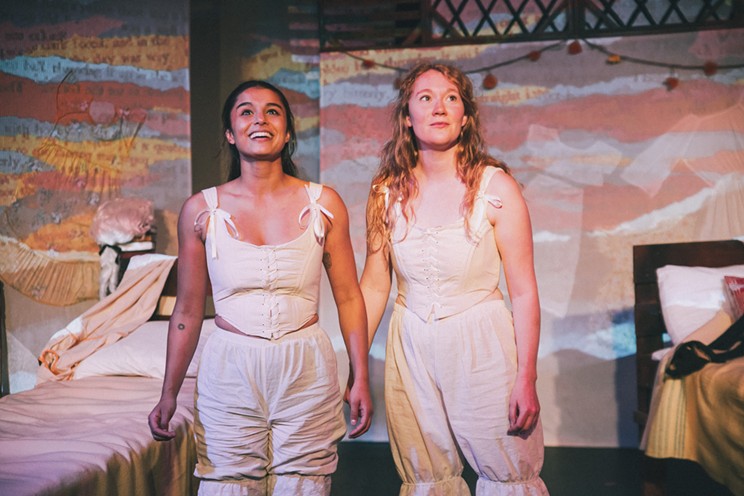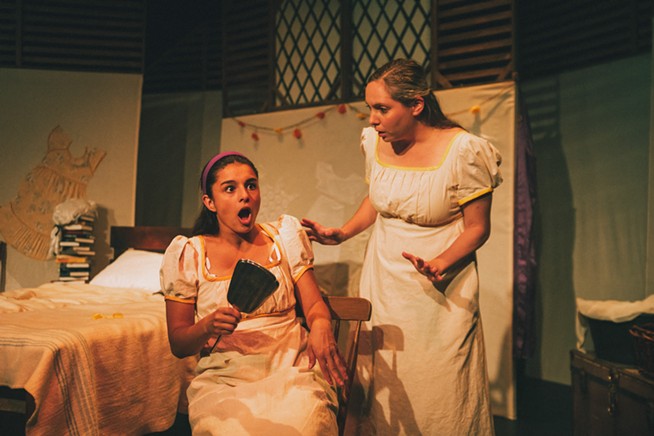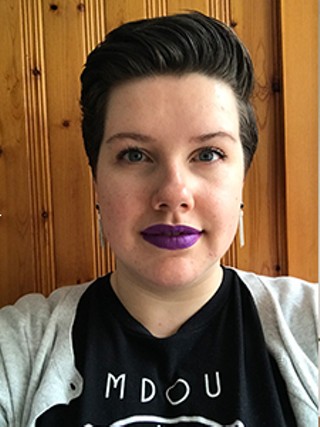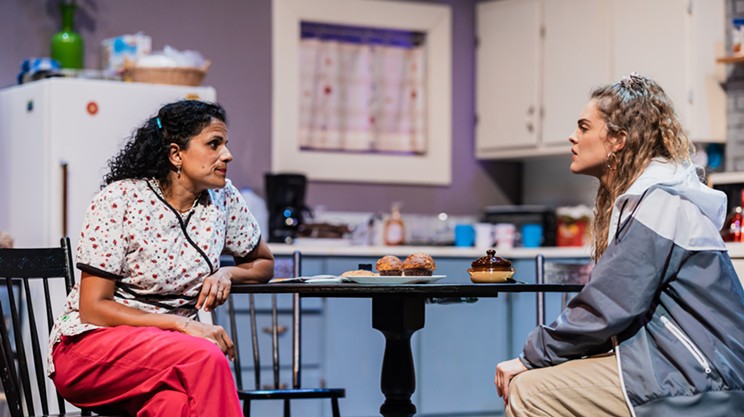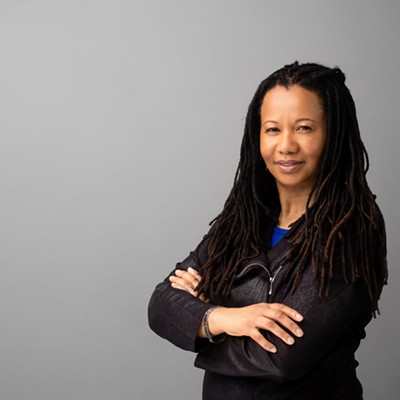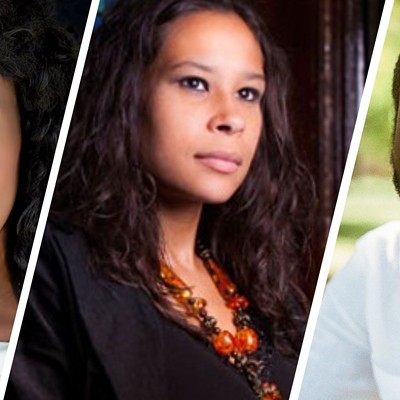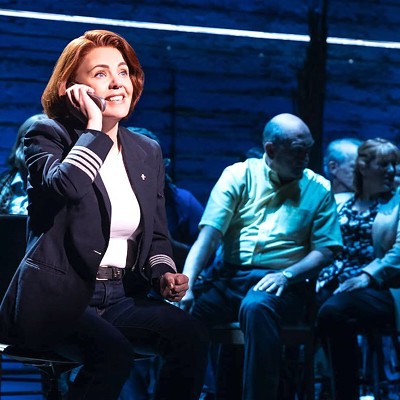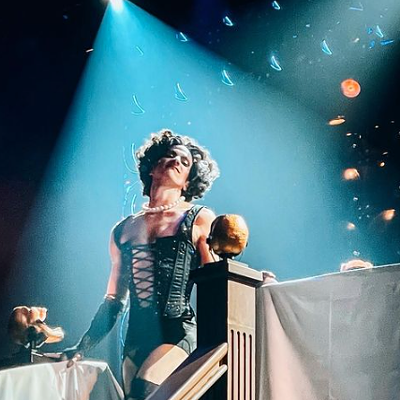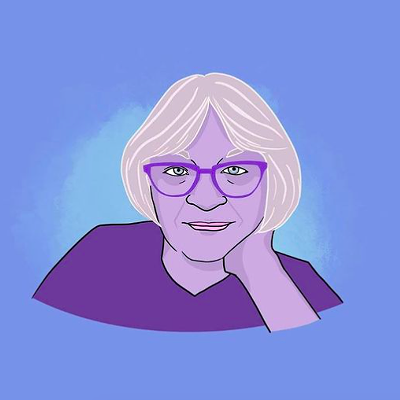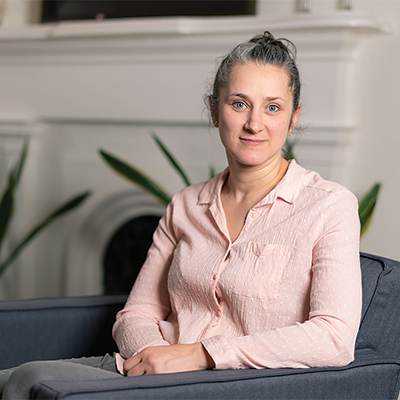The real life of Anne Lister already feels lifted from a script: Described as the first “modern lesbian” (she lived openly with a woman in 1830s England, in what many consider the country’s first same-sex union), Lister’s diaries were so spicily explicit that, when they were first discovered after her death, they were thought to be a hoax. (They weren’t: The detail-rich recountings of her bedroom life were listed alongside the weather and other daily minutiae, all written in an elaborate code—a crypthand—to keep prying eyes out.) A land-owner in a time when women weren’t and business savvy in a way that might make her modern history’s first girl boss, Lister is the type of historical figure that acts as a talisman to those who carry her story.
It’s little wonder, then, that when playwright Lily Falk encountered the story of Lister that the threads of a script started spinning in her mind. Starting with a staged reading at the 2019 Halifax Fringe Festival, refining and expanding at the following Eastern Front Theatre’s Stages Festival and now, arriving as a fully-formed play called, fittingly, Crypthand, at The Bus Stop Theatre from September 28 to October 2 (tickets and details here).
Along the way, Falk’s work has acquired historically correct costumes and original string arrangements, folding in aspects of Greek myth and a rich interiority. It is a re-imagining of Lister’s boarding school days and the life-altering romance she had there, an act of world-building that mimics the emotional and mental scaffolding a teenage Lister and her first love, Eliza Raine, would’ve raised. Curtain time is not a second too soon: Lister’s story has been thawing in the limelight lately thanks to the recently cancelled HBO cult hit Gentleman Jack, which gives her legacy the prestige TV treatment.
“I think, perhaps controversially, that the story that we're telling with Crypthand—that Lily's telling—is actually Eliza’s story. And Anne Lister is the sort of the reason that we have this beautiful story of Eliza, and what it meant to be queer and biracial at a time when those two things were very hard—and continue to be very hard,” says Ailsa Galbreath, who plays the school matron among a roster of other characters, when The Coast reaches her and Falk by phone.
On a break between dress rehearsals, the writer-director and actor are gathered around a cell phone on speaker. It’s clear they’re looking less to beatify Lister—who Galbreath describes as “a complicated person, in that she had really patriarchal and also imperialist tendencies”—as bring a tender vision of queer coming-of-age to life in collective memory.
“When I started writing the play, I had recently graduated university—and I realized that I had never been taught or been shown any queer historical women…And I think at the time, it just made me feel like: ‘Of course, of course, of course, this has always been a thing.’ And it wasn't always a total secret. Like, people knew, people were aware, even though there was a different context of social norms and morals—” Falk begins. “You couldn’t say it out loud,” adds Galbreath as the two audibly nod at each other. Continues Falk: “I think, in a funny way, that made me feel good: That I was like: ‘Oh, it has always been.’”
“Crypthand walks a line of being, a fun, magical story and also wanting to tell the historical truths,” Falk adds. “It was important for me to try to hold both of those things: to hold some sort of historical truth about Eliza, and what she had to be in her life, but also showing the fun and delight of this new relationship and self discovery.”

